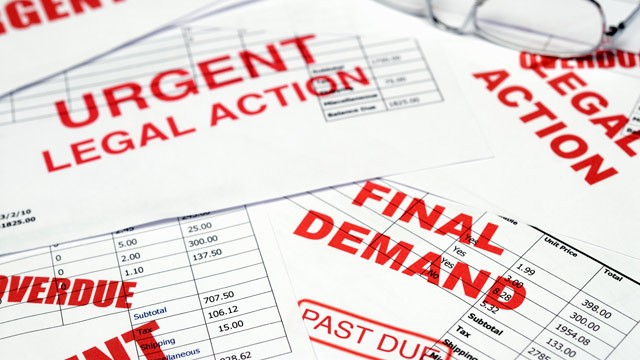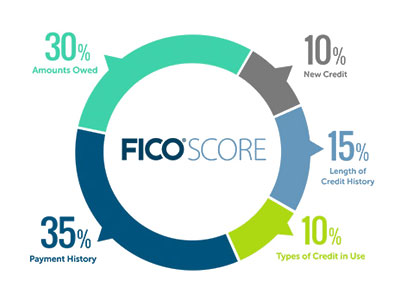Collection Accounts

Why does a collection appear on my credit report?
When you sign a legal agreement or a lease from a lender that requires you to make payments you have just opened an account. Every agreement or lease has information of how long an account will remain open if you were to miss a payment or discontinue to pay. Some lenders might close an account after 30 days while other lenders will choose to close an account after 6 months. It all depends on the agreement that was signed. Once an account is closed due to not paying the lender then sends the account to a collection agency so they can continue to get the borrower to finish paying what was agreed at the beginning of the contract or lease. This account transferred from the lender or creditor has now turned into a collection.
How does a collection reflect on my credit report?
Creditors report the status of your account whether it is in good standing or if it's a collection to all three major credit bureaus. All information in your credit report shows lenders the credit worthiness you have accumulated. Therefore, if an account has become a collection it will appear in your credit report as a bad account and will remain there for up to 7 years. Collections decrease your credit score and will determine how another lender will decide to approve loans during the time of your application.
How do I pay my collection debt?
A copy of your credit report might help you get information of which collection agency the creditor sent the account to. Once you get in contact with that collection agency, you can set up an agreement to pay off your debt in payments or a one-time payment. Another thing to keep in mind, paying off a collection will not remove information from your credit report nor it will improve your credit score. The collection will be reported by the collections agency as 'Paid'. Your credit score will gradually improve as the collection account gets older and older and by not adding negative accounts to your credit report.




